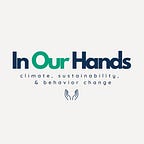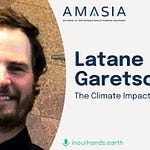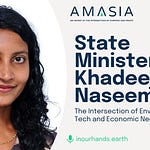Daniel Aldana Cohen is an assistant professor in the Department of Sociology at UC Berkeley. He holds a PhD in Sociology from New York University and a BA in History and Development Studies from McGill University. Cohen directs the Socio-Spatial Climate Collaborative and co-directs the climate + community project. Cohen works on the politics of climate change, investigating the intersections of climate change, housing, political economy, social movements, and inequalities of race and class in the United States and Brazil.
Cohen is also mobilizing collaborative research for Green New Deal policy development in partnership with social movements and progressive elected officials in the United States and Brazil. He is the co-author of A Planet to Win: Why We Need a Green Deal (Verso 2019). He is currently completing a book project called Street Fight: Climate Change and Inequality in the 21st Century City, under contract with Princeton University Press. Cohen has been cited for his research and public engagement in The Washington Post, Bloomberg, Vox, The Philadelphia Inquirer, The Huffington Post, Energy & Environment News, Gizmodo, and elsewhere.
They discuss cities, democratic technology, and a greener “Good Life.” Full transcript available above. This episode is also available on Apple Podcasts and Spotify.
In Our Hands is a production of Amasia. Follow these links for more about our firm, the Amasia blog, our climate fiction podcast, and Ramanan’s blog.
Highlights
[00:01:11] Life and Background
[00:04:57] Climate Change and Inequality
[00:07:58] Supply- and Demand-Side Solutions
[00:12:08] Cities and the Climate Crisis
[00:16:31] Democratic Technology
[00:22:46] A Greener Good Life












